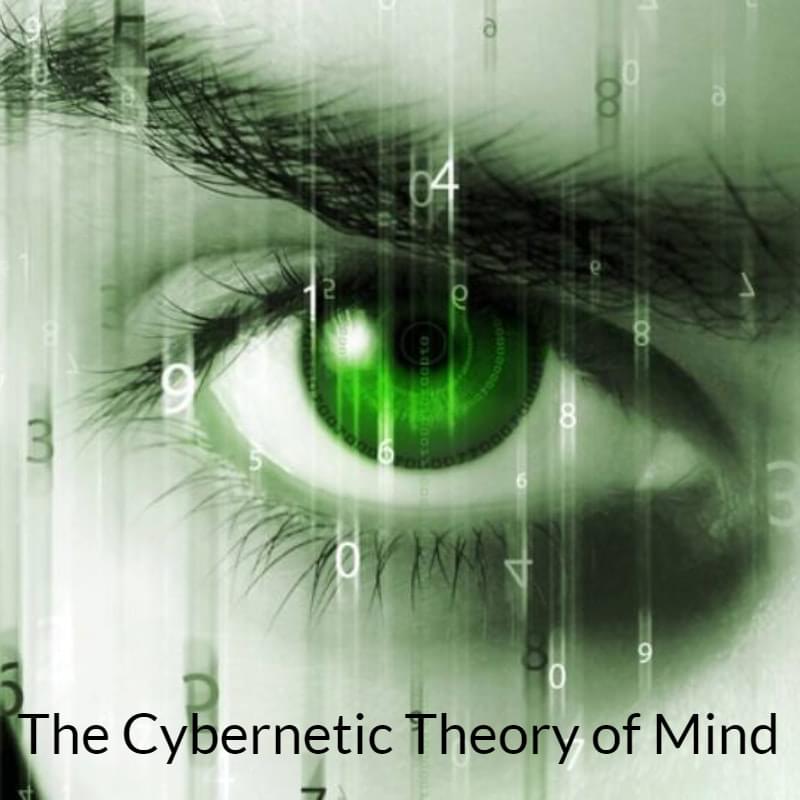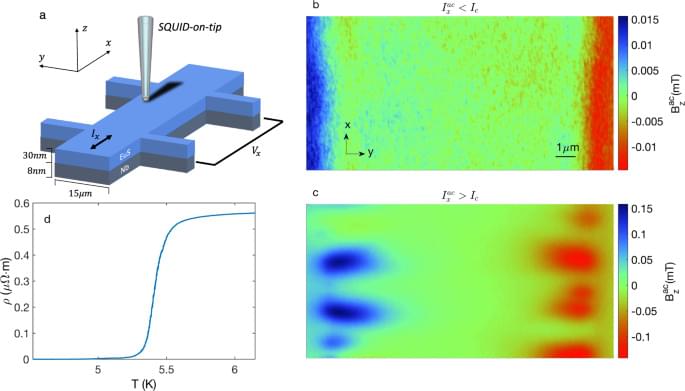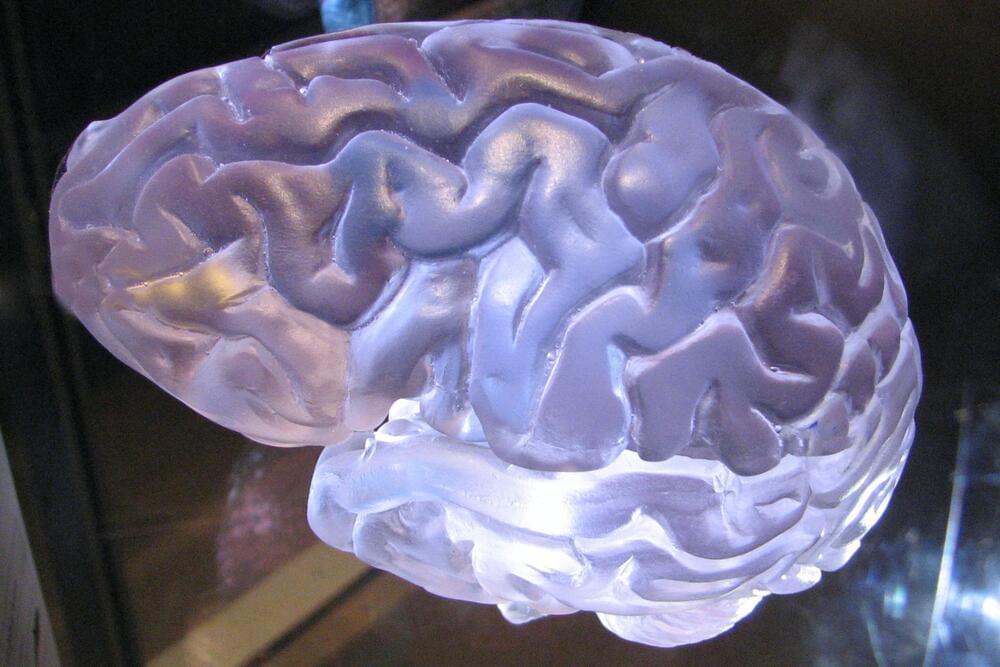Mar 29, 2023
Synthetic Telepathy: The Revolutionary Technology Redefining Communication
Posted by Alex Vikoulov in categories: computing, neuroscience
In my latest interview, I answer some questions on the fascinating topic of synthetic telepathy. Recently, the concept of synthetic telepathy has gained increasing attention from both the scientific community and the general public. The ability to communicate with others using only our thoughts may sound like something straight out of science fiction, but recent advancements in neuroscience and technology have brought us closer to making this a reality.
#SyntheticTelepathy #neurotechnology #braincomputerinterface #BCI #cybernetics #brainhacking #mindcontrol #nanocybernetics
In recent years, the concept of synthetic telepathy has gained increasing attention from both the scientific community and the general public. The ability to communicate with others using only our thoughts may sound like something straight out of science fiction, but recent advancements in neuroscience and technology have brought us closer to making this a reality. Join us for an exclusive interview with futurist and evolutionary cyberneticist Alex M. Vikoulov, as he shares his expertise on the fascinating topic of synthetic telepathy. Speaking with news reporter Blanca Elena Reyes, Vikoulov will delve into the workings of this cutting-edge technology and discuss its potential applications for the future.
Continue reading “Synthetic Telepathy: The Revolutionary Technology Redefining Communication” »


















